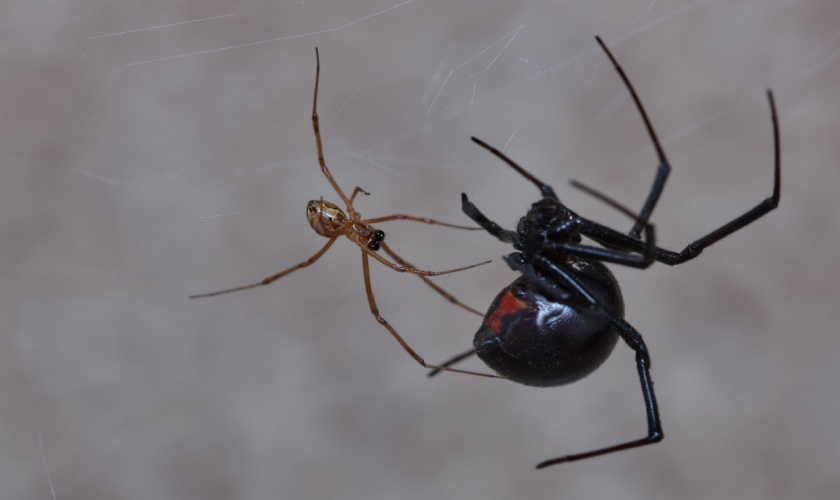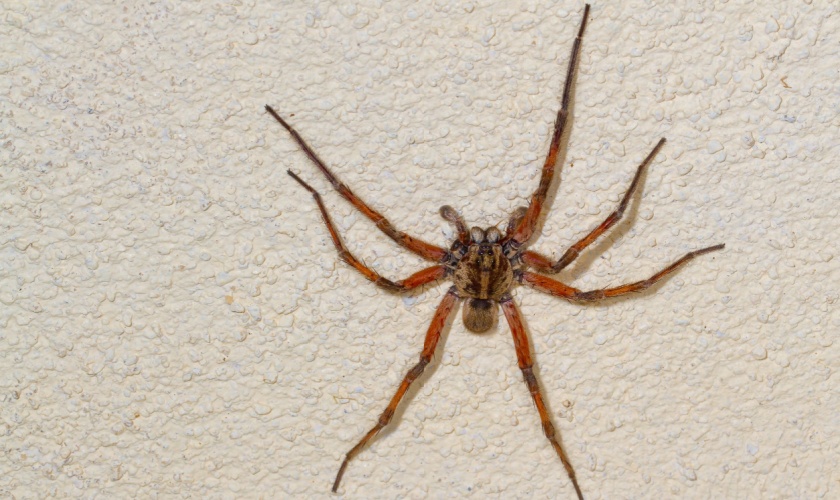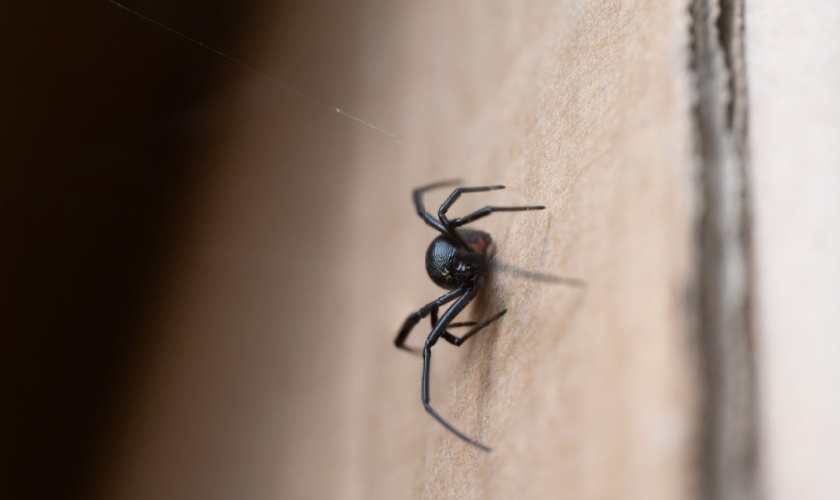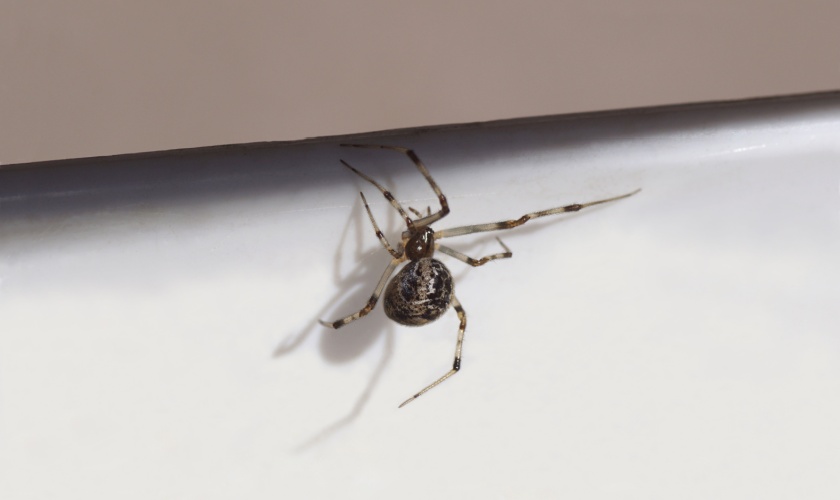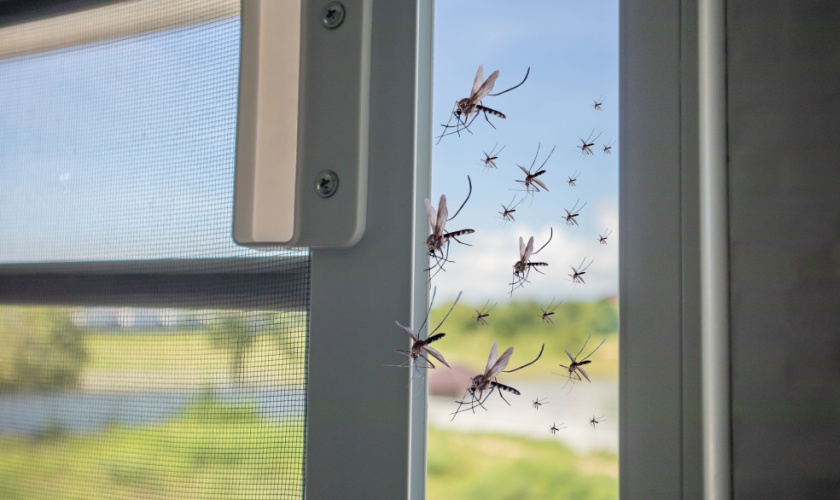Spiders are a common household pest that can cause significant anxiety for many people. While they play an essential role in controlling other insect populations, an infestation can be unsettling and lead homeowners to seek immediate solutions. If you’re wondering whether you can handle a spider infestation on your own, the answer depends on several factors, including the severity of the infestation, the types of spiders involved, and your comfort level with dealing with these arachnids. Here’s a comprehensive guide to help you determine if DIY methods are suitable for your situation:
Spider Infestations
Before diving into the methods of dealing with a spider infestation, it’s crucial to understand why spiders have invaded your home. Spiders often enter homes in search of food, shelter, and mates. Common reasons for spider infestations include:
- Abundant Food Supply: If your home has a lot of insects, it will naturally attract spiders.
- Clutter and Hiding Spots: Spiders thrive in cluttered areas where they can find secluded places to build their webs.
- Seasonal Changes: Spiders may enter homes during certain times of the year, especially in the fall, when they seek warm places to overwinter.
Assessing the Severity of the Infestation
The first step in deciding whether to tackle a spider infestation on your own is to assess its severity. Here are some signs to help you determine the extent of the problem:
- Frequent Sightings: Regularly seeing spiders throughout your home, especially multiple species, indicates a significant infestation.
- Webs Everywhere: An abundance of spider webs in corners, ceilings, and other areas suggests a large spider population.
- Egg Sacs: Finding spider egg sacs, which look like small, white, or off-white cotton balls, means spiders are breeding in your home.
- Dead Insects: An increase in dead insects might indicate a higher spider population, as they are catching and feeding on these insects.
DIY Methods for Spider Control
If the infestation appears manageable, several DIY methods can help you reduce the spider population in your home. Here are some effective strategies:
1. Declutter and Clean
Keeping your home clean and clutter-free is one of the most effective ways to prevent and reduce spider infestations.
- Regular Cleaning: Vacuum and dust regularly to remove webs, egg sacs, and potential hiding spots.
- Reduce Clutter: Eliminate piles of clothes, papers, and other items where spiders can hide.
2. Seal Entry Points
Prevent spiders from entering your home by sealing potential entry points.
- Caulk Cracks and Gaps: Seal cracks in walls, windows, and doors with caulk or weather stripping.
- Install Screens: Ensure windows and doors have intact screens to prevent spiders from slipping inside.
3. Natural Repellents
Several natural repellents can help deter spiders from entering your home.
- Essential Oils: Spiders dislike the smell of certain essential oils, such as peppermint, tea tree, and eucalyptus. Mix a few drops with water and spray it around entry points and spider-prone areas.
- Vinegar: A mixture of vinegar and water can also be sprayed around your home to repel spiders.
4. Remove Food Sources
Reducing the insect population in your home will make it less attractive to spiders.
- Insect Control: Use insect traps and repellents to reduce the number of insects in your home.
- Proper Food Storage: Keep food sealed and clean up spills promptly to avoid attracting insects.
5. Use Spider Traps
Sticky traps can help catch and monitor the spider population in your home.
- Placement: Place traps in areas where you frequently see spiders, such as basements, attics, and behind furniture.
When to Call a Professional
While DIY methods can be effective for minor infestations, there are times when professional help is necessary. Here are some situations where calling a professional exterminator is the best course of action:
- Severe Infestation: If you’ve tried DIY methods and the spider population doesn’t seem to decrease, it’s time to call a professional. A severe infestation requires specialized treatment and expertise.
- Dangerous Spiders: If you identify dangerous spiders, such as black widows or brown recluses, in your home, it’s crucial to seek professional help immediately. These spiders can pose serious health risks, and professionals have the knowledge and equipment to handle them safely.
- Recurrent Infestations: If you’ve dealt with multiple infestations despite using preventive measures, a professional can help identify and address underlying issues that you might have missed.
Wave Goodbye to those Spiders!
While it is possible to manage a spider infestation on your own using various DIY methods, the success of these efforts depends on the severity of the infestation and the types of spiders involved. Regular cleaning, sealing entry points, using natural repellents, and reducing food sources can be effective for minor infestations. However, for severe or recurrent infestations or when dealing with dangerous spiders, calling Citra Pest Control in Morgan Hill, CA, is the best solution. We have the expertise and tools to handle infestations safely and effectively, ensuring peace of mind and a spider-free home.
